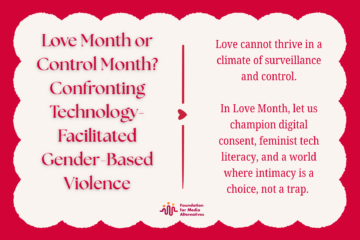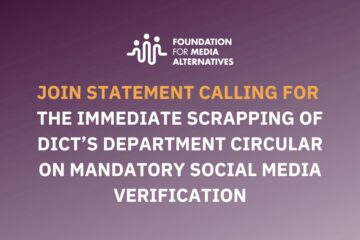This day in #Herstory: The legacy of Leticia Ramos-Shahani
Since the beginning of Philippine democracy, few legislators have had as much impact on the women’s rights movement as Senator Leticia Ramos-Shahani.
After earning literature degrees from Wellesley College, Columbia University, and the University of Paris, Senator Shahani joined the Division of Human Rights at the United Nations. She became the Philippines’ first representative to the United Nations Commission on the Status of Women (UN CSW) from 1967 to 1975 and eventually became its rapporteur and vice chairperson.
It was during this time that Shahani submitted a working draft of the Convention of the Elimination of All Forms of Discrimination Against Women (CEDAW) to the UN without consulting the Philippines’ then-foreign secretary Carlos P. Romulo. The CEDAW would later be adopted as the international bill of rights for women.
In 1974, Shahani was appointed as the chairperson of the CSW, a role that would prove to be significant as the first international conference on women was held during her term in 1975. At the same time, Shahani was making waves in back in the Philippines, working with other women leaders to push for the creation of the National Commission on the Role of Filipino Women (NCRFW) in 1975.
After Corazon Aquino assumed presidency, she appointed Shahani as a foreign affairs secretary in 1986. Shahani also served as the NCRFW Chair in the same year. The next year, she ran for and won a post at the senate of the Philippines.
As senator, Shahani was instrumental in passing the Anti-Rape Law (Republic Act No. 8353) and the Rape Victim Assistance and Protection Act (Republic Act No. 8505), as well as institutionalizing the Gender and Development Budget.
#FeministMemory #TakeBackTheTech



0 Comments